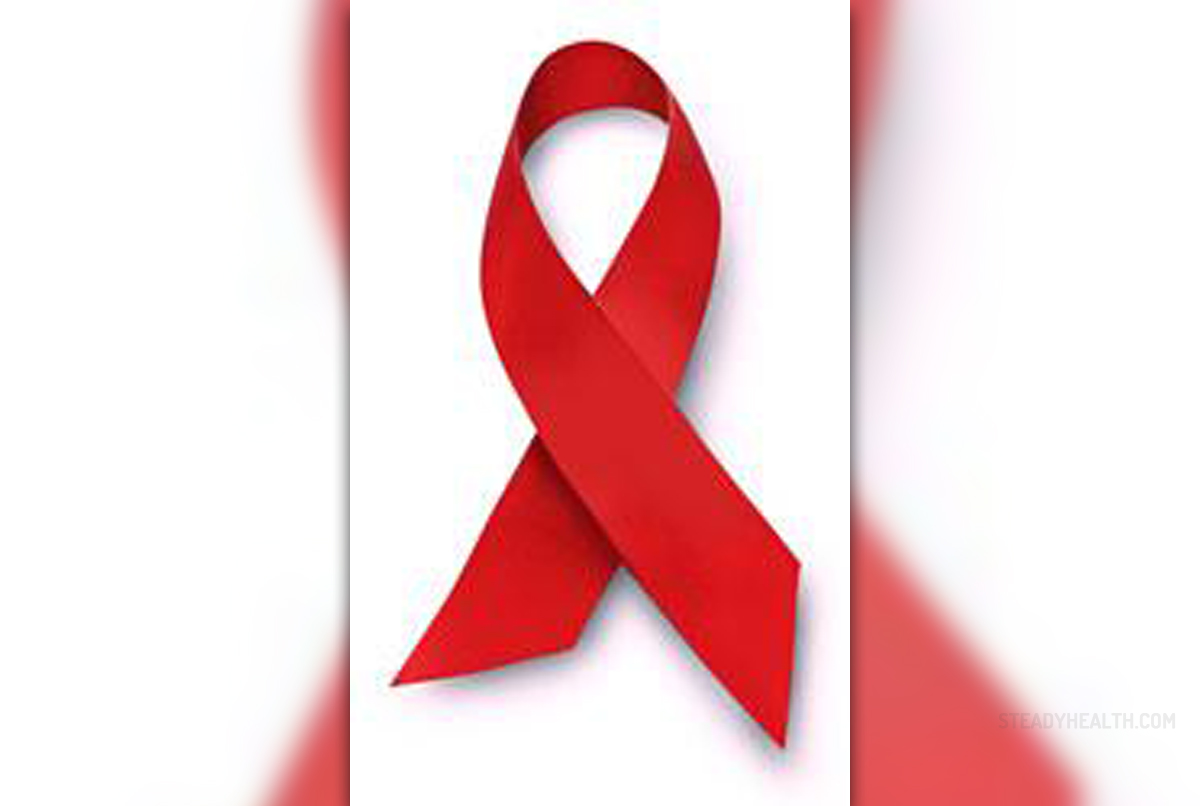
HIV is another name for the human immunodeficiency virus. This severe infection causes AIDS, which is a disease known as the acquired immune deficiency syndrome. AIDS causes severe damage to the immune system, and it remains one of the most dangerous threats to modern society. There is no cure for AIDS but more than one million citizens of the United States remains infected with this virus. Some of them have already developed AIDS. People infected with HIV virus may do not know they are positive, since the first symptoms of the disease may not show up for ten years. However, one out of 250 people in the United States carries the virus, and around 40.000 cases of new infections are reported each year, only among the US citizens.
HIV infection
The virus is transmitted from an infected person to another when bodily fluids containing the dangerous virus enter the bloodstream. HIV virus is normally present in fluids such as blood, semen, vaginal secretions and breast milk. In most of the cases, someone will get infected through unprotected sexual intercourse, but people may also become infected using shared needles, during pregnancy, during childbirth or while breast feeding. Incubation period for HIV virus lasts between two to four weeks but the first symptoms usually appear afterwards, in the stage known as the acute. Acute stage lasts about 28 days and includes different flu-like symptoms such as fatigue, low grade fever, muscle aches, etc. Following this stage, the latency stage begins. It is usually asymptomatic and may last from a couple of weeks to a couple of years. The last stage of the infection involves a failure of the immune system, and the progressive reduction in effectiveness. There is no cure for AIDS and the disease usually results in numerous fatal complications.
HIV symptoms in women
At the acute stage of infection, when most of the symptoms are present, the disease looks similarly in men and women. However, in the later stages, when the immune system starts failing, women may experience different symptoms, due to the severe changes in hormonal chemistry.
Typical symptoms of the acute phase of HIV infection include persistent headache, swollen glands and lymph nodes, muscular pain, extreme fatigue, fever, pronounced loss of appetite, rash in the oral cavity, sore throat, weight loss, skin rashes, nausea, vomiting, cough and chest infections. In many cases, oral thrush is the first symptom of HIV infection, since it usually develops when the immune system suddenly weakens and fails to control the level of Candida albicans in the oral cavity.
- medlineplus.gov/hivaidsinwomen.html
- www.cdc.gov/hiv/basics/whatishiv.html
- Photo courtesy of Jonathan Sullivan by Flickr: www.flickr.com/photos/77672084@N00/68997406/



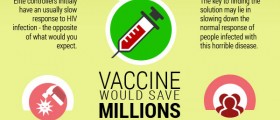

_f_280x120.jpg)
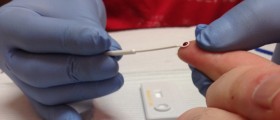


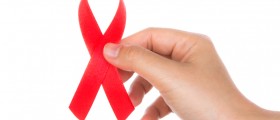


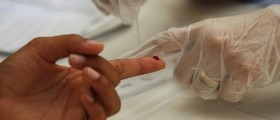

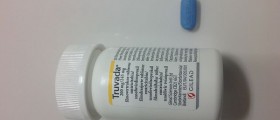


Your thoughts on this
Loading...